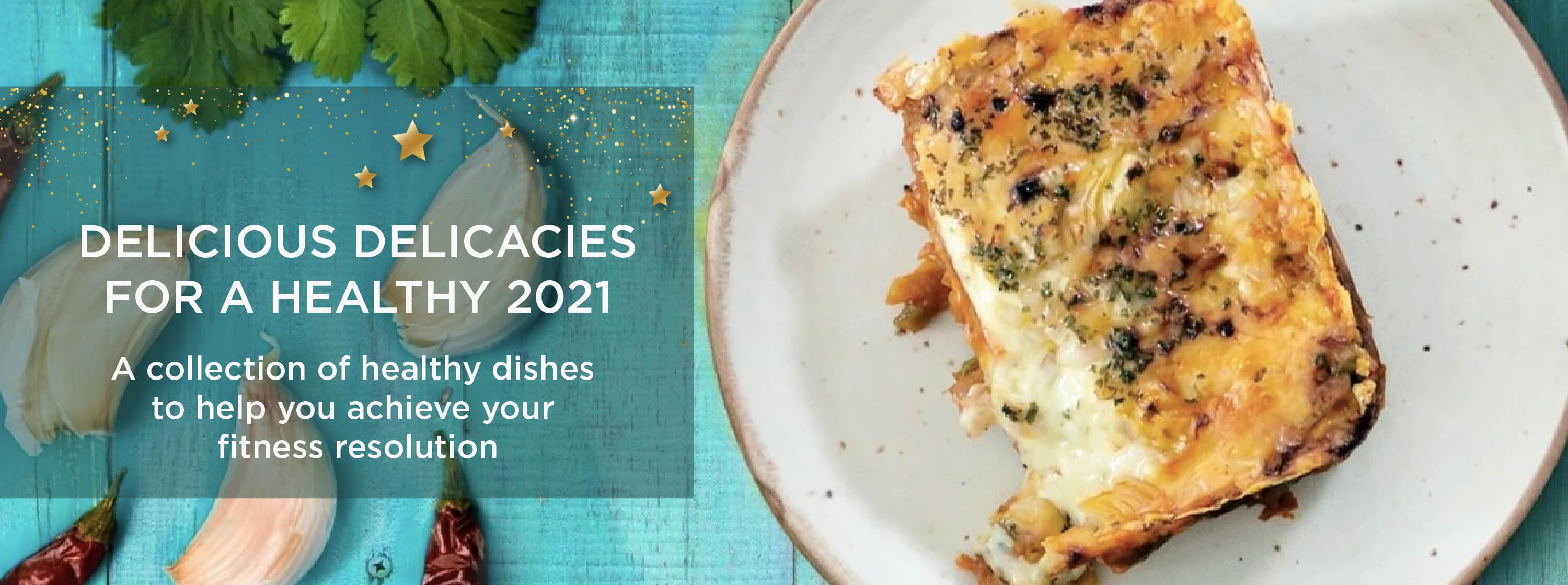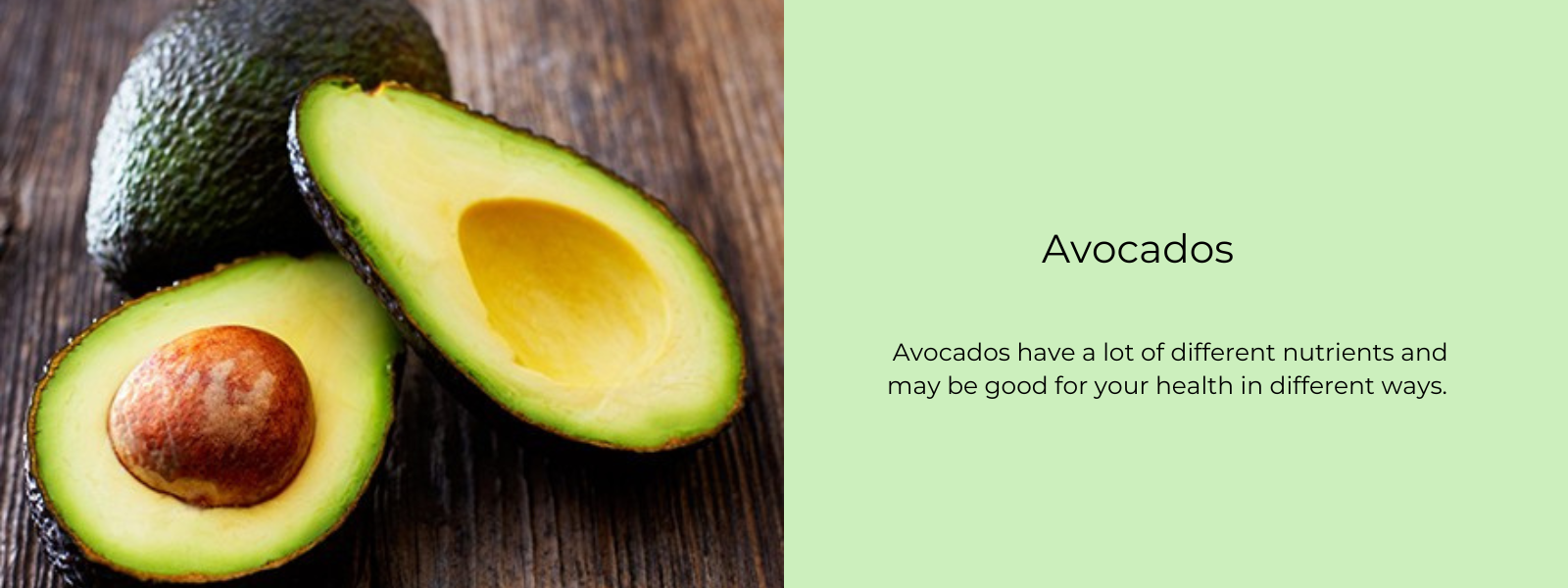Cinnamon, a beloved spice known for its warm and aromatic flavor, offers more than just a delightful taste. It has long been used in traditional medicine, but recent research highlights its potential to protect the brain from aging. As cognitive decline and neurodegenerative diseases like Alzheimer’s and Parkinson’s become growing concerns, cinnamon’s role as a brain-boosting spice is gaining attention. This article explores how cinnamon can help safeguard the brain from aging and promote overall brain health.
Table of Contents
Introduction to Cinnamon and Brain Health
Cinnamon is derived from the inner bark of trees in the Cinnamomum family, and it has been prized for its medicinal properties for centuries. The two primary types of cinnamon are Ceylon (true cinnamon) and Cassia. Both types contain compounds that are beneficial for health, but Ceylon cinnamon is often considered superior due to its lower coumarin content, making it safer for regular use.
Cinnamon contains powerful antioxidants and anti-inflammatory compounds that can protect the brain from oxidative stress and inflammation—two major factors in the aging process of the brain. Additionally, cinnamon has been shown to improve memory, learning, and cognitive function.
Key Brain-Protecting Properties of Cinnamon
-
Antioxidant Power
Cinnamon is loaded with antioxidants, including polyphenols, which help neutralize free radicals in the body. Free radicals are unstable molecules that damage cells, leading to oxidative stress. This oxidative stress plays a significant role in aging and neurodegenerative diseases. By scavenging free radicals, cinnamon can reduce damage to brain cells and slow the aging process. -
Anti-Inflammatory Effects
Chronic inflammation is a key contributor to the development of neurodegenerative diseases like Alzheimer’s and Parkinson’s. Cinnamon contains cinnamaldehyde, the compound responsible for its distinct flavor and aroma, which has potent anti-inflammatory properties. This helps reduce inflammation in the brain and protect against age-related cognitive decline. -
Inhibition of Tau Protein Buildup
One of the hallmarks of Alzheimer’s disease is the abnormal accumulation of tau proteins, which form tangles in the brain and disrupt communication between neurons. Studies have shown that compounds in cinnamon, such as cinnamaldehyde and epicatechin, can inhibit the aggregation of tau proteins, potentially reducing the risk of Alzheimer’s disease. -
Protects Against Neurodegeneration
Cinnamon has been found to protect neurons from damage and improve motor function, which is crucial in conditions like Parkinson’s disease. Research shows that cinnamon can help stabilize neurons and reduce the loss of dopamine—a neurotransmitter that is often depleted in Parkinson’s patients. -
Improves Cognitive Function
Cinnamon may also improve brain function by increasing neuroplasticity, which is the brain’s ability to form new connections and pathways. Studies suggest that cinnamon can enhance memory, learning, and attention, making it a valuable tool for maintaining cognitive sharpness as you age. -
Regulates Blood Sugar
High blood sugar levels can negatively impact brain health, leading to cognitive decline over time. Cinnamon helps regulate blood sugar by increasing insulin sensitivity, reducing blood sugar spikes, and improving overall glucose metabolism. This, in turn, helps protect the brain from the damaging effects of prolonged high blood sugar.
How to Incorporate Cinnamon into Your Daily Diet
Incorporating cinnamon into your daily routine is a simple and delicious way to support brain health. Here are some easy ways to add cinnamon to your diet:
-
Add Cinnamon to Your Morning Coffee or Tea
A sprinkle of cinnamon in your coffee or tea can enhance flavor while delivering brain-boosting benefits. This is an easy way to get a daily dose of cinnamon first thing in the morning. -
Use Cinnamon in Smoothies
Blend cinnamon into your smoothies for a warm and spicy kick. It pairs well with fruits like apples, bananas, and berries, adding both flavor and health benefits. -
Sprinkle Cinnamon on Oatmeal or Cereal
Cinnamon adds a burst of flavor to oatmeal, cereals, or yogurt. Its natural sweetness can reduce the need for added sugar while boosting brain health. -
Incorporate Cinnamon into Baked Goods
Use cinnamon in baked goods like muffins, pancakes, or bread. Opt for healthy versions of these treats by using whole grains and natural sweeteners. -
Take Cinnamon Supplements
For those looking for a more concentrated dose, cinnamon is also available in supplement form. Make sure to choose Ceylon cinnamon for regular use, as it contains less coumarin, which can be harmful in large amounts.
Potential Side Effects and Precautions
While cinnamon is generally safe for most people, it’s important to use it in moderation, especially if you are consuming Cassia cinnamon, which contains higher levels of coumarin. Excessive consumption of coumarin may cause liver damage. Always consult a healthcare provider if you are considering cinnamon supplements or if you have any pre-existing health conditions.
Conclusion: Cinnamon as a Natural Brain Protector
Cinnamon is more than just a spice—it’s a powerful, natural protector against brain aging and cognitive decline. Its antioxidant, anti-inflammatory, and neuroprotective properties make it a valuable addition to any diet, especially for those looking to preserve brain health as they age. By incorporating cinnamon into your daily routine, you can enjoy not only its delightful flavor but also its long-term benefits for your mind.












Leave a comment